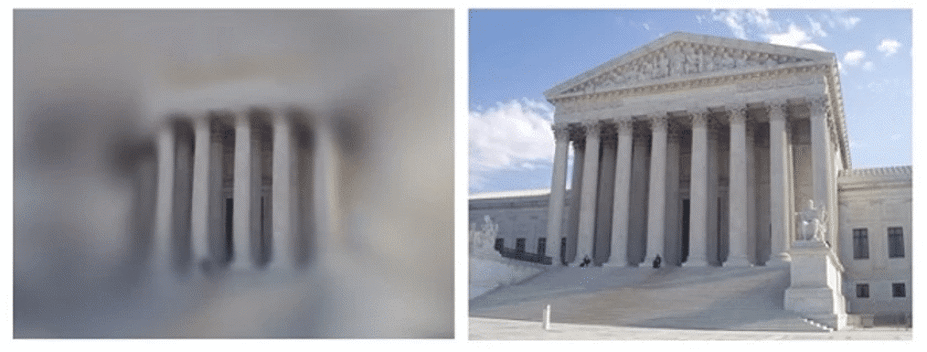Tunnel vision is described as a medical condition that makes you see only things that are right in front of you. It’s the loss of your peripheral vision which is the area of your visual field that falls at the outer edges of your vision range. Tunnel vision can be either permanent or temporary and it can have a variety of causes.

What does it mean to have tunnel vision?
Glaucoma
Glaucoma is one of the leading medical causes of tunnel vision. This condition is caused by a pressure build-up in the eye which begins to damage the optic nerve. This then causes blind spots in vision. The most frequent type is open-angle glaucoma and also the most likely type to lead to tunnel vision. This is due to the blind spots in the visual field appearing first at the edge of the affected range of sight. If you think you are suffering from these signs of glaucoma, you should seek medical attention. Other symptoms in addition to tunnel vision include severe eye pain, blurred vision, and halos around lights.
Blood loss due to injury
If you have suffered a severe injury, in certain circumstances, losing a large amount of blood can result in a loss of peripheral vision (tunnel vision). Your vision should return to normal as your body begins to recover.
Alcohol intoxication
Drinking too much alcohol can cause a variety of visual issues, including double vision and blurred vision. While it is less common, intoxication by alcohol can cause tunnel vision. Your vision typically returns to normal after your body readjusts.
Retinal detachment
Retinal detachment occurs when the retina peels away from the back area of the eye. Symptoms of this condition, include floaters and flashes in the peripheral vision area, your visual field can sometimes become narrow, which causes peripheral vision loss and tunnel vision. Contact your doctor right away if you notice this.
Cataracts
A cataract occurs when the protein that forms the lens of your eye starts to clump together which consequently causes cloudy vision. In lots of cases, cataracts form around the edges of the lens, which then causes tunnel vision.
When to consult a doctor
If you find you have experienced a decrease in your peripheral vision and are thereby experiencing tunnel vision, it’s important that you see an eye specialist in order to obtain a proper diagnosis. This is especially true if your vision is showing no signs of improvement over a period of time.





